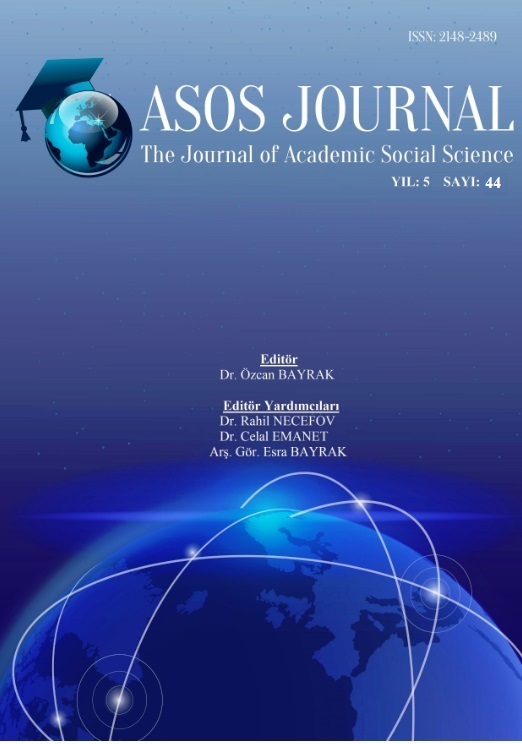Author :
Abstract
Bu makalede Alman romantik filozofların felsefi etkinliği köktenci mutlakçılık eleştirilerine dayandırarak sanatsal uğraşıya dönüştürmelerini inceleyeceğiz. Bu amaçla ilkin, Fichte’nin mutlakçı temelciliğine, öznelik, özgürlük, deneyim ve doğa anlayışlarına odaklanacağız. İkinci olarak, Friedrich Schlegel ve Friedrich von Hardenberg’in (Novalis) Fichte’nin felsefeyi mutlak bir bilim yapma çabasının başarısızlığa mahkum olduğunu düşünmelerine sebep olan noktaları araştıracağız. Romantisizm felsefenin mutlak bir bilmeden değil, tam tersine mutlak bir bilinememezlikten fakat sonsuz bir umuttan, diğer bir deyişle, içsel bir gerilimden doğduğunu iddia eder. Bu bölümde bu iddia serimlenecektir. Son bölümde ise, felsefenin, romantik şiirsel üretim model alınarak, çoğulcu, kolektif, deneysel, kökene değil geleceğe dönük, fragmanlar halinde ilerleyen bir hermeneutik üretim, anlamlandırma ve değer yaratma faaliyeti olarak ortaya çıkmasını sağlayan romantik dönüşümüne değineceğiz.
Keywords
Abstract
In this article we will examine German romantic philosophers’ transformation of philosophical activity into an artistic engagement based on their radical critique of the absolutism. With this aim, first, we will focus on Fichte’s philosophical absolutist foundationalism, his conceptions of subjectivity, freedom, experience and nature. Second, we will investigate the reasons of Friedrich Schlegel and Friedrich von Hardenberg’s (Novalis) idea that Fichte’s trial to establish philosophy as the absolute science is condemned to failure. Romanticism claims that philosophy does not emerge from an indubitable, absolute knowledge; on the contrary, it emerges from absolute unknowability, yet from an infinite hope, in other words, from a tension inherent to the knowledge process. In the last part, we will address philosophy’s romantic transformation to a pluralist, collective, experiential, forward-looking, hermeneutic production continuing through creation of meaning and values, which is modeled on the romantic poetic production.





